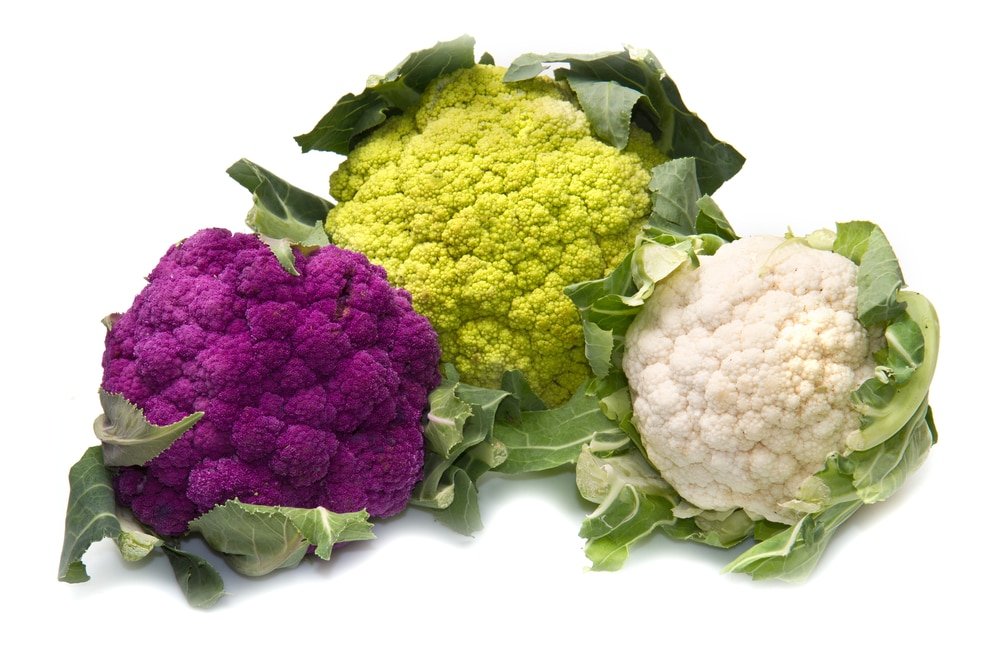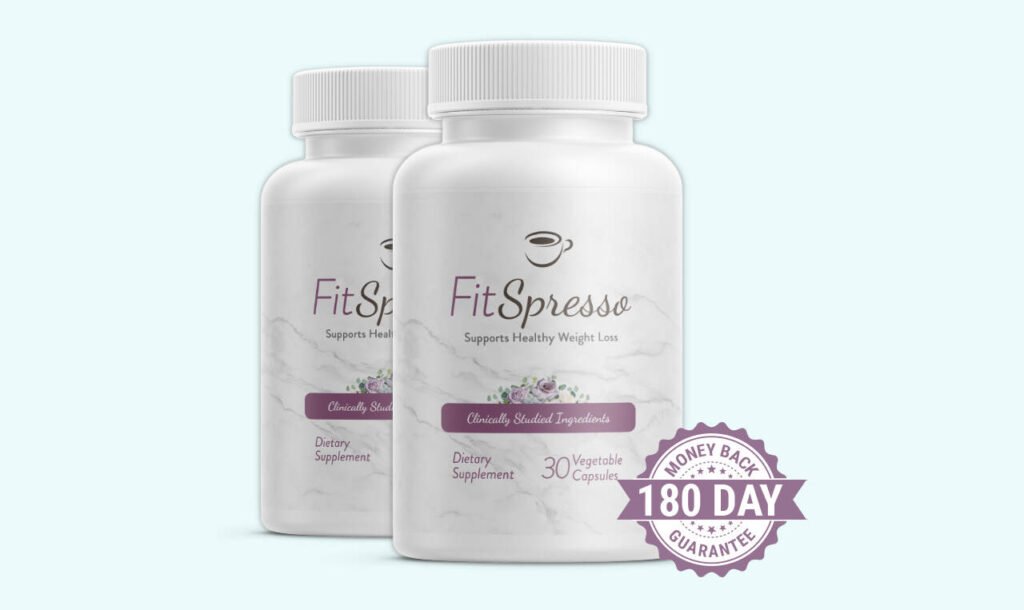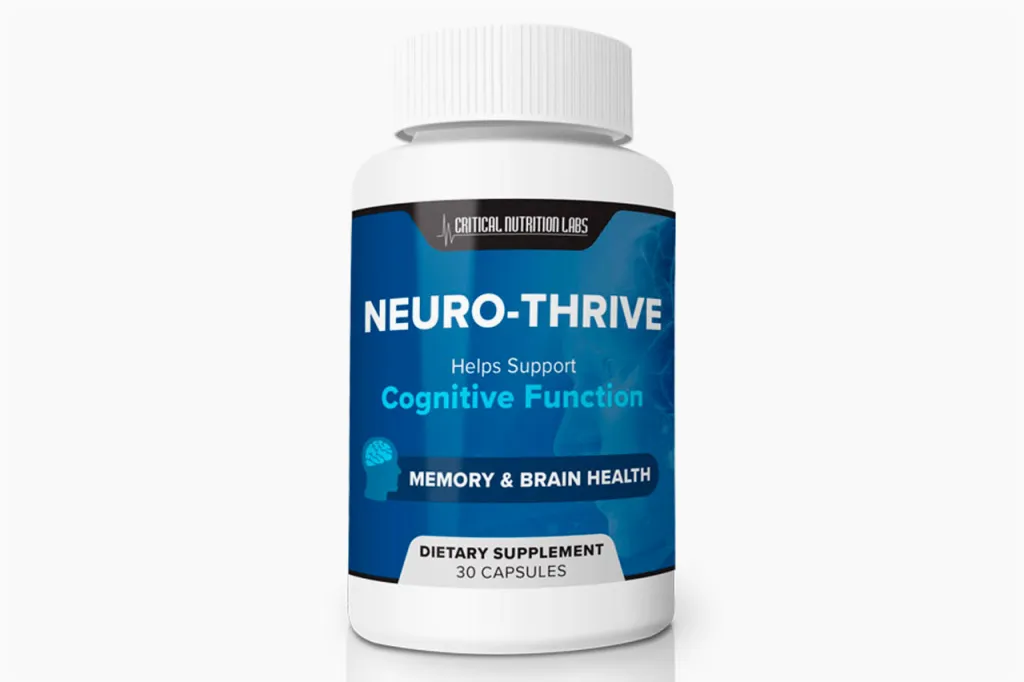Cauliflower health benefits includes boosting ultraviolet radiation protection, fighting inflammation, lessen heart and circulatory system issues, lessen cancer risk, supplying vitamin K to the body, improving digestion and detoxifying the body, supporting healthy weight loss, boosting brain health, keeping hormones in check, supporting healthy pregnancy and boosting the immune system.
What is Cauliflower?
Cauliflowers are a vegetable that fall under the Brassicaceae family. It is believed to have emanated from ancient Asia, but today, China, India, France, Italy, and even the U.S. are cultivators of this wonder vegetable. Typically, people only cook and eat the white “head” of cauliflower, as the tough stem and leaves have a tendency to cause digestion issues.
Although the majority of cauliflowers we see are the white variety, other kinds such as yellow, purple, and green variants exist, and are said to be just as nutritious. Let us take a look at the many health benefits this humble vegetable is capable of.
13 Impressive Health Benefits of Cauliflower

1. Boost Ultraviolet Radiation Protection
Cauliflower has sulforaphane which supports healthy skin by shielding it from damage due to ultraviolet radiation exposure. Sulforaphane has been observed to protect the body from skin cancer, inflammation, and cellular damage.
2. Fight Inflammation
Inflammation is linked to practically all chronic diseases. Cauliflower is extremely abundant with antioxidants and anti-inflammatory elements which bring down oxidative stress as well as free-radical damage. The antioxidants found in cauliflower include beta-cryptoxanthin, quercetin, rutin, kaempferol, cinnamic acid, caffeic acid, and ferulic acid. A single cup serving of cauliflower has at least 73% of the recommended daily amount of vitamin C, which helps arrest inflammation.
3. Lessen Heart and Circulatory System Issues
Studies further establish that inflammation is linked with risks for diabetes, heart disease, stroke, and neurodegenerative disorders such as Parkinson’s and Alzheimer’s disease. This all the more underscores cauliflower’s anti-inflammatory properties. Its supply of vitamin K, C, myriad of antioxidants , not to mention omega-3 fatty acids all work in conjunction to keep the circulatory system devoid of plaque build-up. This results in a decrease in hypertension and sky-high cholesterol levels.
4. Lessen Cancer Risk
Research has established that cauliflower is effective for preventing breast, liver, colon, stomach and lung cancers. The vegetable has been shown to possess chemo-preventive properties that thwart early stages of cancer growth, helping eliminate tumor development. Furthermore, cauliflowers are packed with glucosinolates, a useful sulfur-containing element. These protective compounds aid in preventing cancer cells from growing. Glucosinolates are utilized for DNA repair and help prevent the disease by retarding the mutation of cancer cells.
5. Abundant Supply of Vitamin K
Cauliflower is an excellent source of Vitamin K, a fat soluble vitamin. Vitamin K keeps the bones healthy and also prevents losses in bone mineral density which could lead to osteoporosis. Vitamin K is also a good blood coagulant. It has also been observed to be an effective anti-inflammatory.
6. Improve Digestion and Detoxify
Cauliflower has certain compounds, specifically glucoraphanin, sulforaphane, glucobrassicin, and gluconasturtiian, which are all very useful at helping the body to cleanse itself. Furthermore, this vegetable is beneficial for detoxification and digestion since its abundance of sulfur rich substances called glucosinolates aid nutrient absorption and toxin elimination.
7. Support Healthy Weight Loss
Being low calorie at a mere 29 per cup, zero fat and extremely low in sugar and carbohydrates, cauliflower is great choice to add to a weight lose diet. Since it is high in fiber, this vegetable also fights constipation issues.
8. Boosts Brain Health
Since cauliflower is a great way to get choline, a B vitamin that is essential for brain development, it is an excellent vegetable to eat for brain health. Choline is a vital nutrient that when combined with phosphorus helps to mend cell membranes. It thus results in better sleep, cognitive performance, improved muscle coordination, and sharper memory.
9. Keep Hormones in Check
Antioxidant-rich food like cauliflower have been observed to aid in balancing hormones via the lessening of abnormal levels of estrogen. Excess estrogen in the blood has been connected to health problems such as autoimmune disease, chronic fatigue, ovarian cancer and hypothyroidism.
10. Support Eye Health
Cauliflower has sulforaphane which is said to shield the delicate tissues of the retinal region from oxidative stress, which can lead to serious vision issues like cataracts, macular degeneration and even loss of sight.
11. Support a Healthy Pregnancy
When with child, folate can help ensure that the developing fetus grows normally. Cauliflower is an excellent natural carrier of B vitamins, including folate, which health professionals suggest women supplement with when pregnant.
12. Boost the Immune System
Cauliflower has rich supplies of calcium, phosphorous and selenium, which all aid in keeping the immune system running optimally. It also contains sodium, which helps to manage the fluid balance of the body.
13. Lessen Aging Signs
Given that cauliflower has an abundant supply of antioxidants, free radical damage is mitigated, lessening among other things, the aging process. Consuming cauliflower thus keeps you looking younger.
Conclusion
When buying cauliflower, opt for examples that are firmly packed with pieces pressed tightly together. Avoid cauliflower that is splayed open. There exist in excess of 80 varieties of edible cauliflowers around the world. Nevertheless, regardless of the variety always choose those that are of consistent texture and color across the entire vegetable. It is also advised that the best window within which to use the purchased vegetable is three days to one week.
ABOUT THE AUTHOR
 Natalie Thompson, APD is a non-dieting Accredited Practicing Dietitian passionate about inspiring positive changes in eating and lifestyle behaviors to help improve health while nurturing relationships with food and body.
Natalie Thompson, APD is a non-dieting Accredited Practicing Dietitian passionate about inspiring positive changes in eating and lifestyle behaviors to help improve health while nurturing relationships with food and body.
After graduating with a Masters of Nutrition and Dietetics and Bachelor of Human Nutrition, Natalie Thompson worked in clinical dietetics in the community and in residential aged care with a non-government organization servicing the older adult and disabled population and the Department of Veterans’ Affairs. She also has her my own private practice.
Natalie Thompson has a Bachelor of Human Nutrition from University of Newcastle with a Master of Nutrition and Dietetics from Griffith University. You can connect with Natalie on LinkedIn

